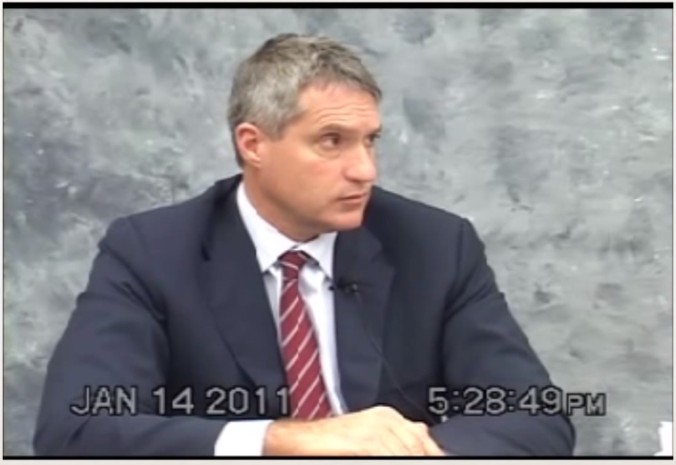
Law 360 16/03/2020

A New York federal judge has denied a request from embattled attorney Steven Donziger for all Southern District judges to be disqualified from his criminal contempt case.
U.S. District Judge Lewis Kaplan, who presided over Donziger’s racketeering trial with Chevron Corp. six years ago and later triggered the ongoing criminal case against the environmental lawyer, said there was “no merit whatsoever” to the assertion that he was in “allegiance” with the energy giant.
Moreover, Donziger and others have repeatedly raised the judicial bias argument at previous stages in the drawn-out dispute, and seen it rejected by the district court and at the Second Circuit, Judge Kaplan wrote. And while Donziger appealed the RICO ruling from 2014 to the Second Circuit — the appeals court affirmed — and challenged various rulings, he didn’t contest a now years-old recusal denial decision by Judge Kaplan.
“That failure alone is fatal to this attempt to breathe new life into this issue,” Judge Kaplan said in the March 11 order.
The complex dispute arose from Donziger’s representation of tens of thousands of people in Ecuador who claimed they’d been injured by pollution caused by Chevron predecessor Texaco Inc. The case resulted in a $9.5 billion judgment in 2011 against the oil company in an Ecuadorian court.
But by 2014, Donziger was on trial in New York facing racketeering accusations from Chevron that he’d bribed judges and otherwise manipulated the justice system to secure the judgment. Judge Kaplan ultimately ruled that Donziger had fraudulently engineered the judgment.
With Chevron still on the offensive post-ruling, Judge Kaplan last year held Donziger in civil contempt for breaking court orders and hit him with heavy fines.
Judge Kaplan also evoked Rule 42 of the Federal Rules of Criminal Procedure in a referral of criminal contempt charges to Seward & Kissel LLP, a private law firm, for prosecution. The case was assigned to U.S. District Judge Loretta A. Preska, who has scheduled a June trial.
Now facing both criminal and civil contempt cases, Donziger last month filed a motion requesting that all Southern District judges be disqualified from his case. That filing accused Judge Kaplan of first demonstrating bias against Donziger well before the RICO trial and “express[ing] his allegiance with Chevron’s agenda,” which includes dodging enforcement of the judgment and the professional destruction of Donziger himself.
In his invocation of Rule 42, Judge Kaplan “disqualified himself from presiding over this case presumably recognizing that he cannot fairly judge a prosecution that he initiated and organized,” the motion states.
“Any decision by Judge Kaplan in this case after acknowledging his disqualification undermines the prophylactic purpose of the disqualification and is otherwise relevant in determining whether his power of criminal contempt was exercised with the delicacy and scrupulous care required by the United States Supreme Court,” Donziger told the court.
Separately, Donziger has asked for a pause on the civil proceeding, and argued to Judge Preska for the disqualification of Southern District judges or for a jury to hear his case if she remains.
Donziger has also called for the disqualification of Seward & Kissel lawyers, arguing that their firm is connected to energy industry players and cannot act as a disinterested prosecutor. That motion is pending.
Donziger counsel Andrew Frisch declined to comment Friday on the Judge Kaplan order.
The contempt charge is being prosecuted by Rita M. Glavin, Brian Maloney and Sareen Armani of Seward & Kissell LLP.
Donziger is represented by Andy Frisch.
Chevron is represented by Randy M. Mastro, Andrea E. Neuman and William E. Thomson of Gibson Dunn & Crutcher LLP and Herbert J. Stern and Joel M. Silverstein of Stern Kilcullen & Rufolo LLC.
The criminal case is U.S. v. Donziger, case number 1:19-cr-00561, in the U.S. District Court for the Southern District of New York.
The civil case is Chevron Corp. v. Donziger et al., case number 1:11-cv-00691, in the U.S. District Court for the Southern District of New York.
Fuente OriginalNotas relacionadas